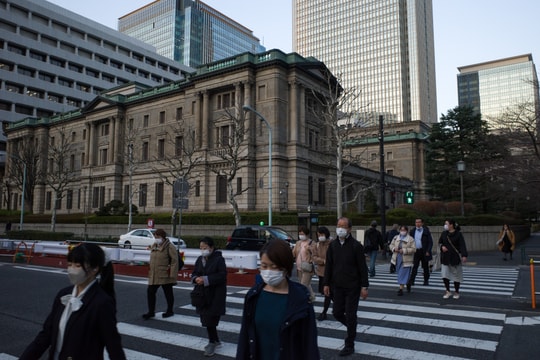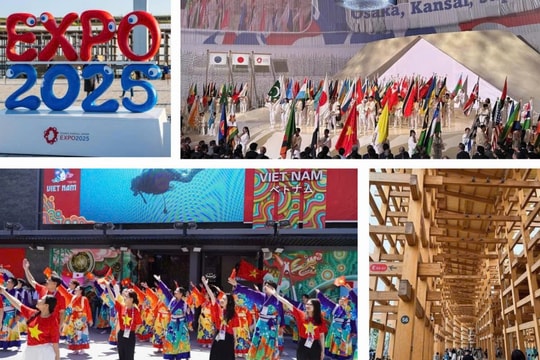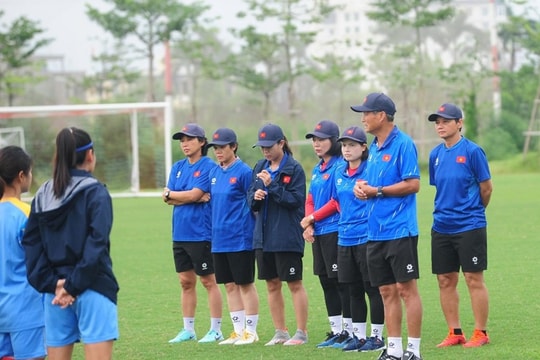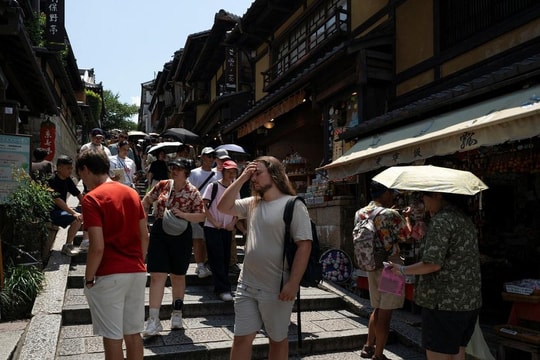Japanese police 'made up' investigation into missing shorts case
Japan's crime rate has fallen for 13 consecutive years, forcing police to investigate even petty crimes.
For a week, a group of police officers in the southern Japanese city of Kagoshima watched day and night an unlocked car parked outside a supermarket. Inside was a case of malt beer. After several days, a middle-aged man finally passed by and, unable to contain his greed, decided to steal the case. Immediately, five Japanese police officers rushed out and arrested one of the few remaining criminals in the city.
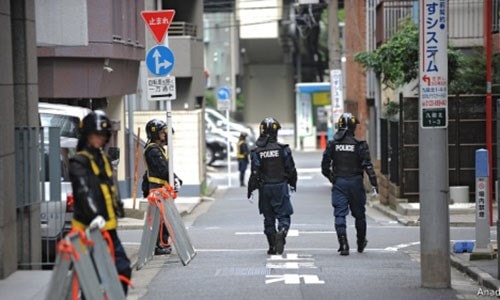 |
| Police patrol the streets of Tokyo, Japan. Photo: The Economist. |
Japan's streets are safe. Statistics prove it. Crime rates in the land of the rising sun have been falling for the past 13 years.
Japan has just 0.3 murders per 100,000 people, which is impressive when compared to the US rate of approximately 4 per 100,000.
In all of 2015, Japanese police recorded only one fatal shooting. Even the yakuza, the country’s largest criminal organization, has been weakened by tougher laws and a rapidly aging population, according to the Economist.
But instead of furloughing staff to reduce staffing, Japan has been recruiting more people to supplement its neighborhood patrols. Japan now has more than 259,000 uniformed police officers, more than 17 times the number of 10 years ago, despite a sharp drop in crime.
Statistics show that the ratio of police officers to residents in the capital Tokyo is very high, 25% more than in New York. Tokyo is home to the largest metropolitan police force in the world.
Because of the large number of police officers and low crime rates, Tokyo police are willing to investigate even offenses that would be considered petty in most other countries, such as bicycle theft or possession of small amounts of narcotics.
One woman said five police officers burst into her cramped apartment after she reported a pair of shorts missing from her clothesline. Last year, a team of detectives was assigned to arrest a group of 22 people who were growing cannabis for personal use in remote rural areas.
With nothing else to do, police are getting more creative in deciding what should be considered illegal, says Kanako Takayama, a professor at Kyoto University. In one recent case, police arrested a group of people who were sharing the cost of renting a car, calling it illegal taxi service, she says. Some prefectures have even started prosecuting cyclists who run red lights.
Fifteen years ago, police in Hokkaido city "colluded" with the yakuza to let the gangs smuggle guns into the country and then detect them to meet their quota.
According to Kienthuc.net.vn
| RELATED NEWS |
|---|


